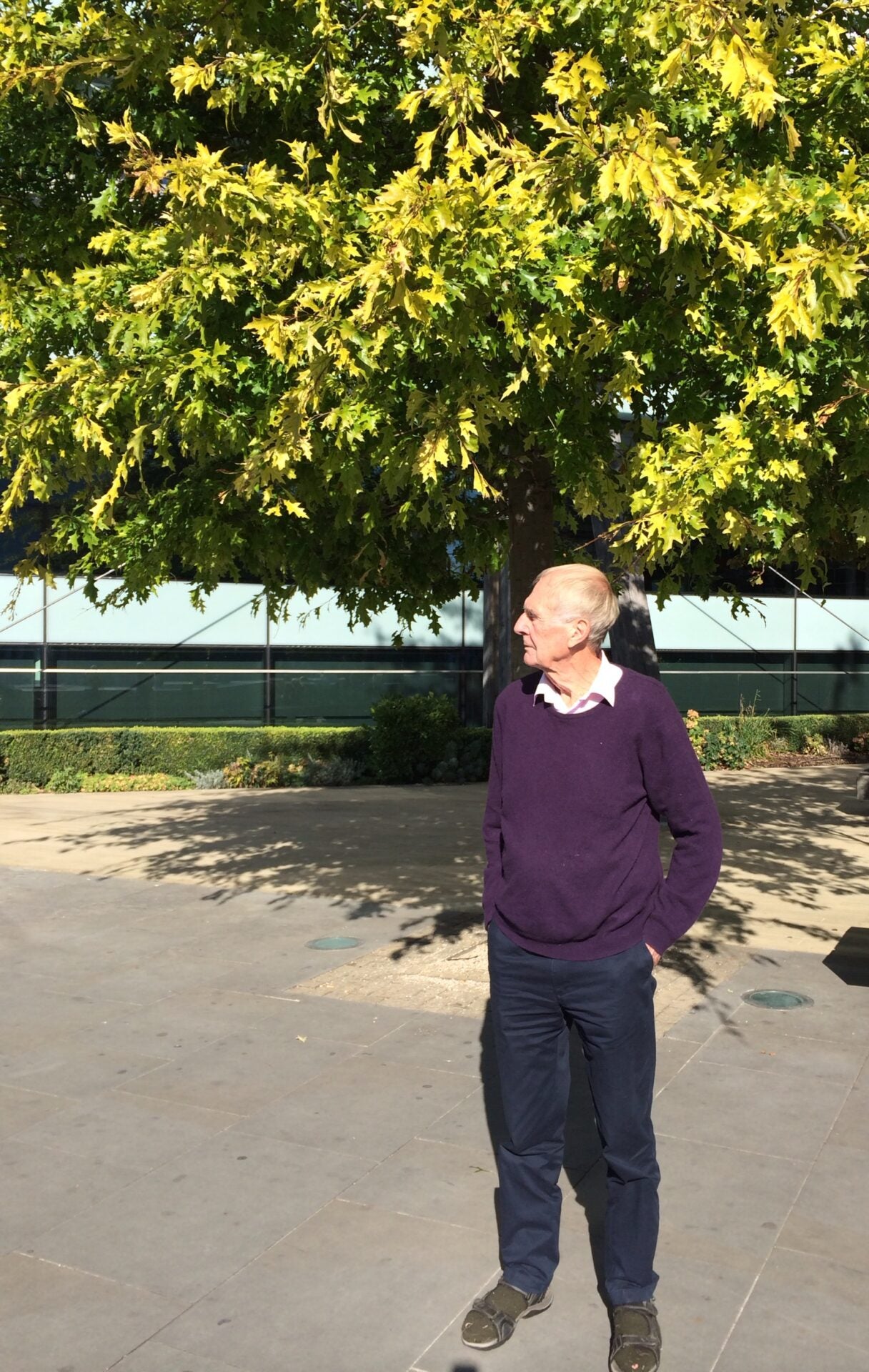Our lives are a constant interchange of emotions from joy to sadness, from laughter to crying, solemnity to introspection. All of which is normal as everyday experiences interplay with our hormonal ebb and flow. So why do we stigmatise anxiety and depression? Why are so many fearful of sharing their inner feelings as if somehow they will be branded as outcasts? We accept someone with a broken bone or suffering influenza as normal, so we need to accept those whose mental state is off balance in the same way.
The word depression is relatively new and describes a mental state that used to be known as melancholia. Melancholia is from Middle English and late Latin and means ‘black bile’ – it relates to bile and the liver. Sadness caused by a burdened liver! Accordingly, liver remedies – such as the much neglected Dandelion root – would often bring relief. As mind and body are one, therapy was based on this correct rationale.
With the emergence of psychoanalysis as a new ‘science of mind’ Sigmund Freud (1856- 1939) and Carl Jung (1875-1961), the stage was set to separate mind and body into two distinct disciplines. The first antipsychotic drug, was introduced in the mid 20th century.
This aside, depression (when not suicidal) must have its purpose, and at the very least it De-Presses the sufferer below everyday stress and tension into a hoped-for time of rest and treatment.
I am reminded of my long discussions with Timothy, a missionary pilot to the Ashaninka tribes of the Peruvian Rainforest. The Ashaninka had a very substantial medical system based on ritual and plant medicine – and it was from Timothy that I learned of the healing powers of the rainforest liana, Cat’s Claw. However, in treating ‘his deepest’ (so-called mental health issues), the Ashaninka did this through social interaction involving the whole tribe. The patient would be administered a plant extract that induced relaxation and hallucination and the ritual would begin and last all night. In the morning the patient would vomit and appeared to be cured. Does this sound primitive and non-scientific? Behind the scenes a vast amount was going on. Just imagine the heart-energy directed to the patient and the mental focus and love of the entire community. Also, the herbal draught and the discussions and the preliminaries. How would this compare with the often isolation and years of adverse reactions from drugs?
The word shaman, often connotes primitiveness and occultism, but this is wrong. The jungle healers are experts on the action of powerful but safe plant medicines and (as in the case of the Ashaninka medicine-men) undergo years of training. I was told by Timothy that chosen trainee shaman would literally disappear into the rainforest for many years, with no contact, before returning qualified to their tribe where they would then assume medical guardianship.
Fortunately, some of this wisdom is starting to emerge in the western world but we are a long way from where we should be. The foregoing is by no means a slight on the invaluable work of mental healthcare in the western world which covers a wide spectrum of behavioural issues, from psychosis and violence to intractable disorders of the nervous system. However it casts light into a dark corner of the profession both on its reductionism, reliance on psychotropic drugs and neglect of traditional wisdom in the treatment of ‘everyday’ anxiety and depression.
The forerunner of depression (when not liver-related or connected to a physical malady) is mostly anxiety, another fairly modern word that has replaced a much more descriptive one going back to the Norsemen – care, or specifically overcare. Care, of Germanic origin related to ‘grief or lament’ and Old Norse for ‘sickbed’. Indeed, when the apostle Paul was writing to the Philippians he advised “be careful over nothing”. An example will explain this. Healthcare nurses are amongst our healthiest citizens and the central reason for this is that true care is a heartfelt energy that embodies compassion and altruism – it is a healing force to the ill but also elevates salivary IgA (the first line of defence in our immune system) in the caregiver. But when care slides into overcare, salivary IgA plummets and immunity suffers. This is where stress leads to tension and tension brings overcare or in modern parlance, anxiety, which in turn often heralds depression where the sufferer can be in need of urgent professional help.
A fragmented society (the very opposite of the close-knit Ashaninka, for example) where people are isolated and feel ashamed of sharing imperfections is the breeding ground for ‘mental’ health issues. Television and the media – with its obsession for celebrity worship – portray idealism and unattainable wealth and style is another erosion of inner peace and contentment. Our ‘always-on’ connectiveness opposes rest, relaxation and sleep to further undermine health both of body and mind.

Share:
Mental health, the body and the breath
Garlic, Chilli and Ginger Special